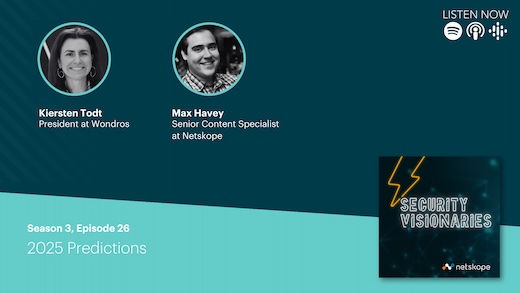Leaky cloud services are a major concern these days. As more and more organizations move their data and applications to the cloud, ensuring new forms of collaboration and agility for their workforce, setup errors and misconfigurations (or even the lack of understanding of the shared responsibility model) pose a serious risk for the new, enlarged corporate perimeter. So far, in 2021, I have collected 12 major breaches fueled by cloud misconfigurations, and I wonder how many flew under the radar.
Data is the new oil, and the bad guys have quickly learned how to scan cloud services looking for leaky buckets, and can easily imagine the consequences if that information falls in the wrong hands. The theft or misuse of the data (such as personal information or intellectual property) is the obvious one, but if the leaky buckets contain the configurations of other services, the implications could be massive, as was the case with the two Magecart campaigns carried out compromising the AWS S3 buckets hosting the configuration files for thousands of e-commerce sites.
But the risks don’t end here, and a new report from Zimperium offers a new, equally worrisome, perspective. The researchers have analyzed almost 84,000 Android apps and nearly 47,000 iOS apps using public cloud services (such as AWS, Google Cloud Platform, and Microsoft Azure) in their backend. Guess what? In 14% of the sample (corresponding to 11,877 Android apps and 6,608 iOS apps), they have found misconfigurations exposing sensitive data, such as personal information, passwords, and even medical information. Once again, limitless possibilities for the attackers.
How Netskope Mitigates This Risk
Netskope for Public Cloud can detect and remediate misconfigurations on AWS, Azure, and GCP, preventing the leakage of data and detecting setup errors that could be exploited by the attackers. A set of predefined profiles is available covering industry standards and regulations, such as SOC2, CSA CCM, GDPR, PCI-DSS, and NIST 800-53, but it is also possible to build custom rules via a Domain Specific Language.
But don’t forget that the public cloud can also leave the workloads unprotected, exposing misconfigured remote access services (like RDP or SSH) to brute-force or password-spraying attacks. Netskope Private Access is the solution to mitigate this risk, allowing organizations to publish their services (hosted in a public cloud or an on-prem datacenter) in a secure manner, embracing the Zero Trust access paradigm.
Stay safe!




 Zurück
Zurück 





















 Den Blog lesen
Den Blog lesen